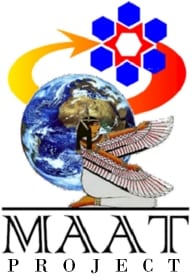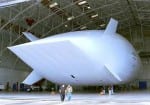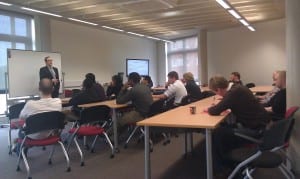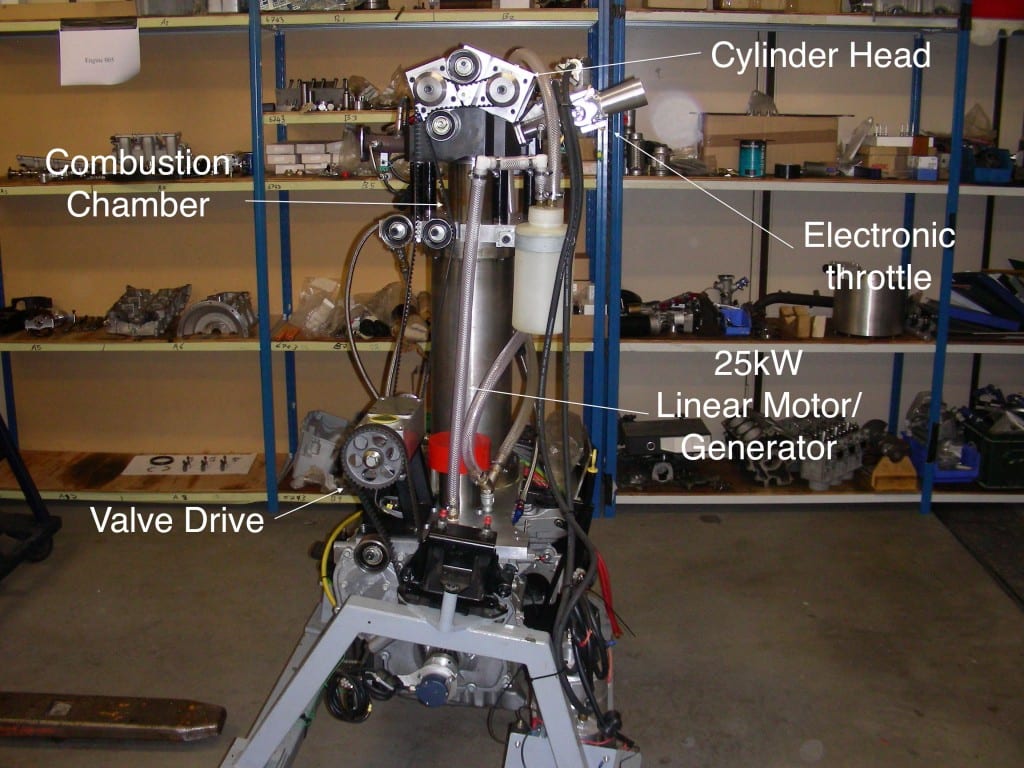
Lincoln School of Engineering is part of a global consortium which will be kicking off an EU Framework 7 Programme Collaborative Project in September 2011.
The project is MAAT Multibody Advanced Airship for Transport, and is led by Professor Antonio Dumas at the University of Modena, Italy.
Principal Investigator at the University of Lincoln is Prof. Paul Stewart, and Co-Investigator is Prof. Chris Bingham, both of the School of Engineering.
- Universita di Modena e Reggio Emilia, Italy
- Universidade da Beria Interior, Portugal
- Logistics Network Consultants GmbH, Germany
- University of Hertfordshire, UK
- Southern Federal University, Russian Federation
- ENGSYS Ltd., UK
- University of Lincoln, UK
- Universita di Bologna, Italy
- Universite di Torino, Italy
- Esponential Design Lab, Uruguay

The MAAT project overcomes structural and physical limits of airplanes in cruiser/feeder operation. It aims to investigate an airship cruiser-feeder global transport system for medium and long range transports.
The MAAT system is composed by three modules.
- PTAH (Photovoltaic Transport Airship for High-altitudes) is a heavy payload cruiser which remains airborne on stable routes;
- ATEN (Air Transport Efficient Network feeder) is aVTOL feeder airship by gas buoyancy linking the cruiser to the ground;
- AHA (Airship Hub Airport) is a new concept of low cost vertical airport hub joinable by ATEN, easy to build both in towns and in logistic centres.
The strengths of the MAAT concept are:
- standardized and modular global air transport system;
- operative altitudes higher than traditional civil routes;
- heavy payload, low cost of transportation and non-stop flight;
- possibility to act as a flying integrated logistics centre;
- self sufficient by photovoltaic propelling system;
- increased safety to prevent crashes and long evacuation times;
- hovering ability to simplify cruiser/feeder engagement;
- cruiser/feeder transfers in motion;
- VTOL ground operations;
- silent landing and take-off operations;
- cost effective, light and easy to deploy structures on the ground;
- reduced fuel consumption and carbon emissions
The MAAT Project aims to study the system and its components in a full structured systemic approach and to define:
- the general design of cruiser and feeder, to optimize aerodynamics and photovoltaic energy;
- the preliminary structural draft of cruiser, feeder and hub;
- control systems, procedures and codes for stability and flying attitude control;
- electrical propulsion systems able to overcome the problems related to the low air density;
- operative procedures for rendezvous and joining operations;
- internal design of cabins and cargo;
- study and design of cruiser/feeder connections;
- passive and active safety systems.


